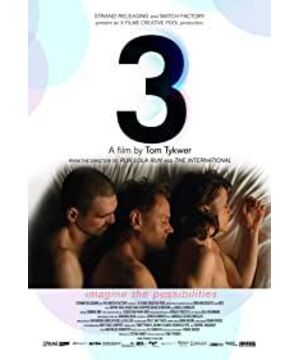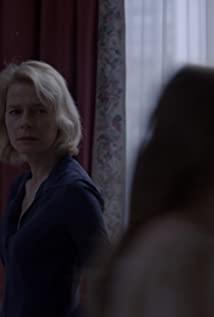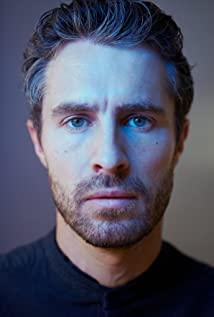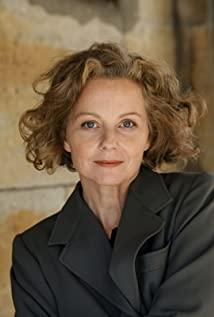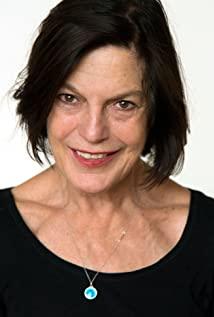The content of the film focuses on a middle-aged couple in Berlin who have lived together for 20 years and finally want to talk about marriage. Husband Simon had testicular cancer. On the day of the surgery, his wife Hannah hooked up with Adam, a handsome biotech guy. Coincidentally, Simon also met Adam during a swim after the operation. Then, the three of them started this absurd love affair with two-way derailment without knowing each other. Until Hannah, who found out she was pregnant, rushed into Adam's apartment and saw Simon coming out of the bedroom...
European romance movies in recent years have repeatedly explored this interesting topic: the possibility of threesomes. Spain's "Mediterranean Chef" in 2009, Italy's "My Own Way" in 2010, Spain's "Angel's Sex" in 2012, and even the 2008 "Midnight Barcelona" filmed by the old man Woody Allen in Spain are all deeply rooted. Affected by this trend... In addition to the exaggerated self-deprecation and bold sex scenes of Europeans, the commonality of these films is that the ending is handled with a utopian optimism. Simply discussing the relationship between the sexes is no longer sufficient for European films that have always advertised independence, avant-garde and liberation. This seems to be an inevitable consequence of the development of the sexual liberation movement and the LGBT affirmative movement for nearly four decades. Is this a new ethical crisis in the West or a new way out for gender relations? I have no idea. But the role of the film is not just criticism or satire, the film is also exploring several possibilities for the future.
The wife Hannah in the film is from Austria, the former Austro-Hungarian Empire, her husband Simon is a pure West German, and their common lover Adam is from East Germany during the split. Tekway himself has a political metaphorical explanation for the film: "This arrangement is to illustrate the original history of division in Germany, because these two people speak German, but their cultural backgrounds are different, so there is a Later stories. There are three people in the film, and each of them is split into two parts. Half of the husband and wife belong to each other, and the other half belongs to their lover, and the lover has two parts - his Two parts were given exactly to this couple. It was like a divided Germany, only half belonged to each other and the other half belonged to each other. Sandwiched in the middle of the couple was a character with a dual 'gender', which is The man who had an affair with his wife and was gay with his husband showed this trace of history more thoroughly, because we have all experienced the experience of accepting a completely different compatriot in the past.”
Some people will criticize the complicated rhythm of the film. with procrastination. Indeed, the film is very different from the fast-paced, single-clue, episodic style that Tykwer had before. The film details the daily life of a German couple. Those discussions about Freud, the jokes about Gilbert and George, and the use of the soundtrack of "Carmen", "Love is the Bird", etc., all reflect the director's ghost horses and the German's little humor (there is such a thing). I almost thought it was possessed by Woody Allen in an instant), which also gave the film a strong intellectual temperament.
Anyway, I think the spirit of Tykwer is still there. In the film, the screen is divided into different independent areas many times, and at the same time, different plots that seem to be unrelated but actually affect each other are staged, and it also presents an interesting picture of all beings. From "Run Lola" to "Love Triangle" to "Cloud Atlas", Tekway seems to firmly believe in the mysterious philosophical proposition that all things are connected in the dark, but each living individual does not know his destiny and works hard life, filling the huge gap between birth and death, so every character in tykway's film makes me feel so endearing. The TV in the film, as a background material, is always reporting disasters, suffering, and terrorism around the world, while indoors, Simon, Hannah and Adam, three naked, hugging like babies, this contrast The contrast makes people feel more deeply: having fun in time may not be a passive escape but a positive resistance. Existence is reasonable, and accepting any kind of existence tolerantly may be a good way out.
View more about 3 reviews


